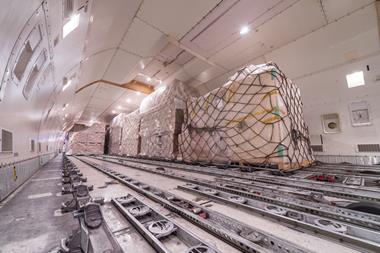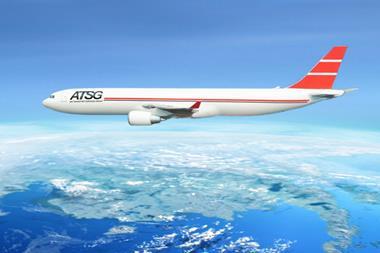IT SEEMS crazy to me but, in the hardbitten commercial world of air cargo, there is one subject that practically nobody wants to talk about any more.
Price has become a taboo subject now that people and companies have been prosecuted the world over for alleged price-fixing arrangements.
Just comparing notes on prices has sent people to prison and triggered some massive fines. Yet these people were, for the most part, only trying to do their jobs.
Price is usually the great determinator of quality – it is the one vital area of business where a company can successfully differentiate itself from ‘lower-quality’ products.
Economic theory asserts that in a free market economy the market price reflects the interaction bet-ween supply and demand: the price is set so as to equate the quantity and the quality of the goods and services being supplied with the hopes and expectations of the customer.
A firm exists to create value for its customers, value which it exchanges for cash through the pricing mechanism. If a business cannot create such value for its customers, it can’t survive. If it does create value for its customers, it can.
As all supermarket shoppers will know, a good bottle of Sauvignon Blanc from, say, New Zealand, may cost a few dollars more than one from Bulgaria. Discerning wine buyers may opt for the more expensive bottle on the basis that it is probably better value for money.
The same principle should exist for air cargo services. But does it?
If it was only that simple. Too many other influences come into play and muddy the economic waters. Market forces are distorted by the advantages of geographical location, traffic rights, political interference, greater buying power etc.
Unfortunately, air cargo suppliers have not always been top of the class when it comes to differentiating their products and services by sophisticated pricing mechanisms. Most airlines seem to just follow the pack – or be a bit cheaper.
I don’t think that’s the way the integrators do things.










